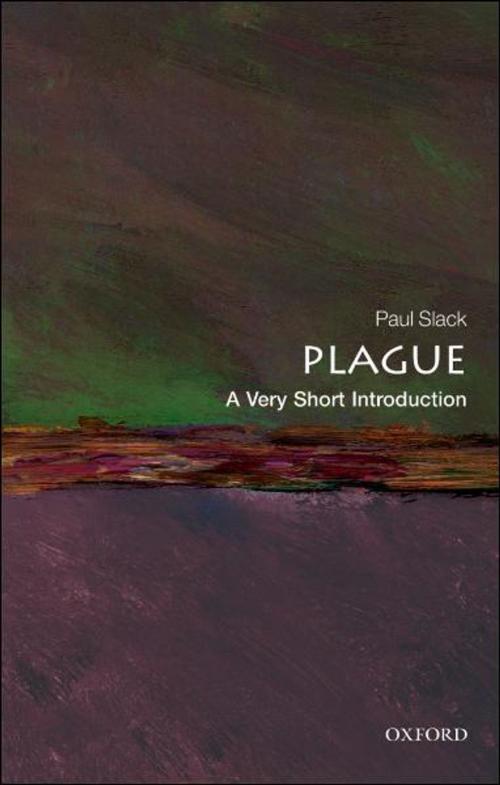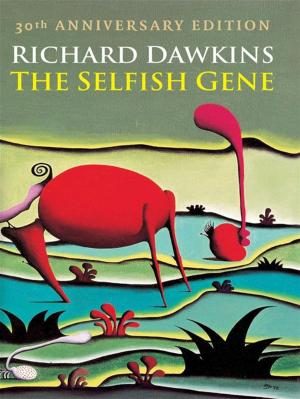| Author: | Paul Slack | ISBN: | 9780191623967 |
| Publisher: | OUP Oxford | Publication: | March 22, 2012 |
| Imprint: | OUP Oxford | Language: | English |
| Author: | Paul Slack |
| ISBN: | 9780191623967 |
| Publisher: | OUP Oxford |
| Publication: | March 22, 2012 |
| Imprint: | OUP Oxford |
| Language: | English |
Throughout history plague has been the cause of many major catastrophes. It was responsible for the Black Death of 1348 and the Great Plague of London in 1665, and for devastating epidemics much earlier and much later, in the Mediterranean in the sixth century, and in China and India between the 1890s and 1920s. Today, it has become a metaphor for other epidemic disasters which appear to threaten us, but plague itself has never been eradicated.In this Very Short Introduction, Paul Slack explores the historical impact of plague over the centuries, looking at the ways in which it has been interpreted, and the powerful images it has left behind in art and literature. Examining what plague meant for those who suffered from it, and how governments began to fight against it, he demonstrates the impact plague has had on modern notions of public health and how it has shaped our history.
Throughout history plague has been the cause of many major catastrophes. It was responsible for the Black Death of 1348 and the Great Plague of London in 1665, and for devastating epidemics much earlier and much later, in the Mediterranean in the sixth century, and in China and India between the 1890s and 1920s. Today, it has become a metaphor for other epidemic disasters which appear to threaten us, but plague itself has never been eradicated.In this Very Short Introduction, Paul Slack explores the historical impact of plague over the centuries, looking at the ways in which it has been interpreted, and the powerful images it has left behind in art and literature. Examining what plague meant for those who suffered from it, and how governments began to fight against it, he demonstrates the impact plague has had on modern notions of public health and how it has shaped our history.















